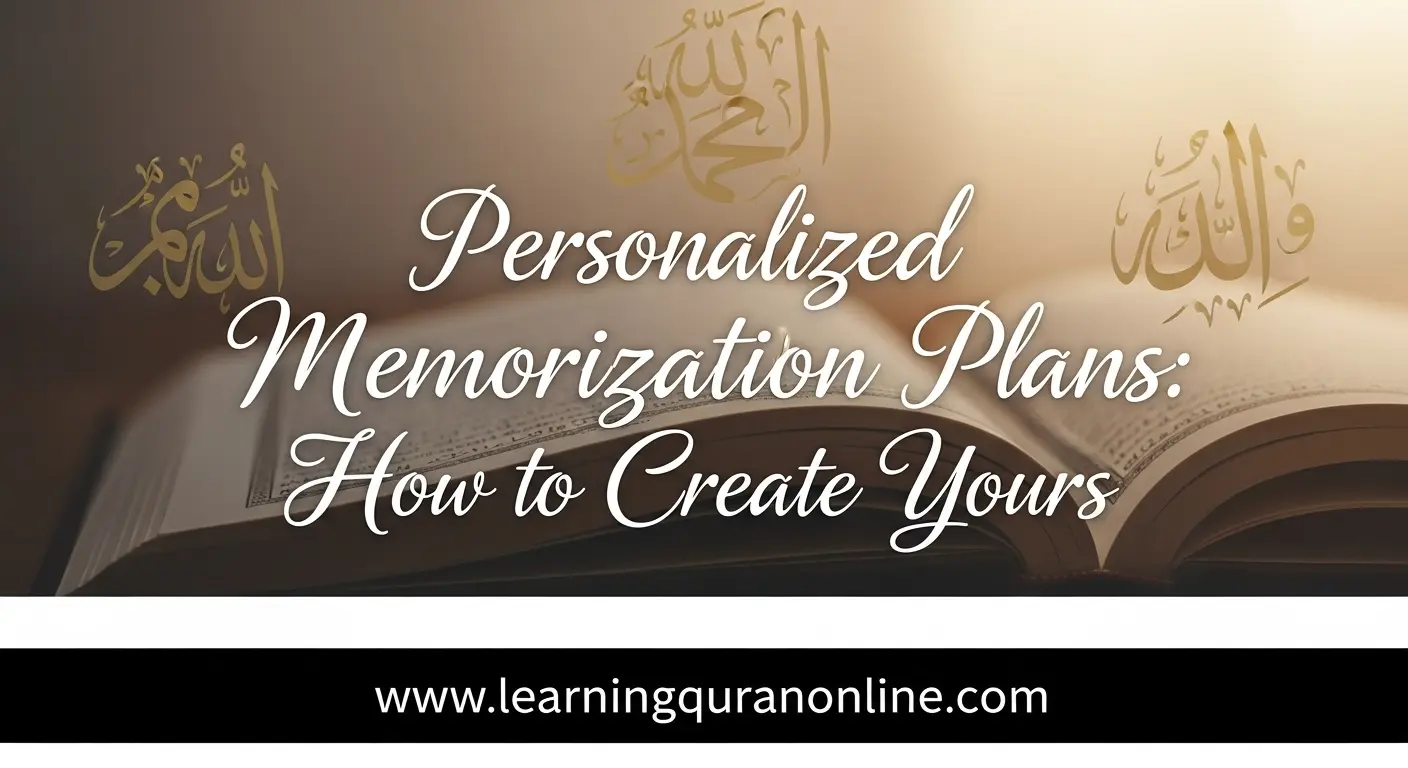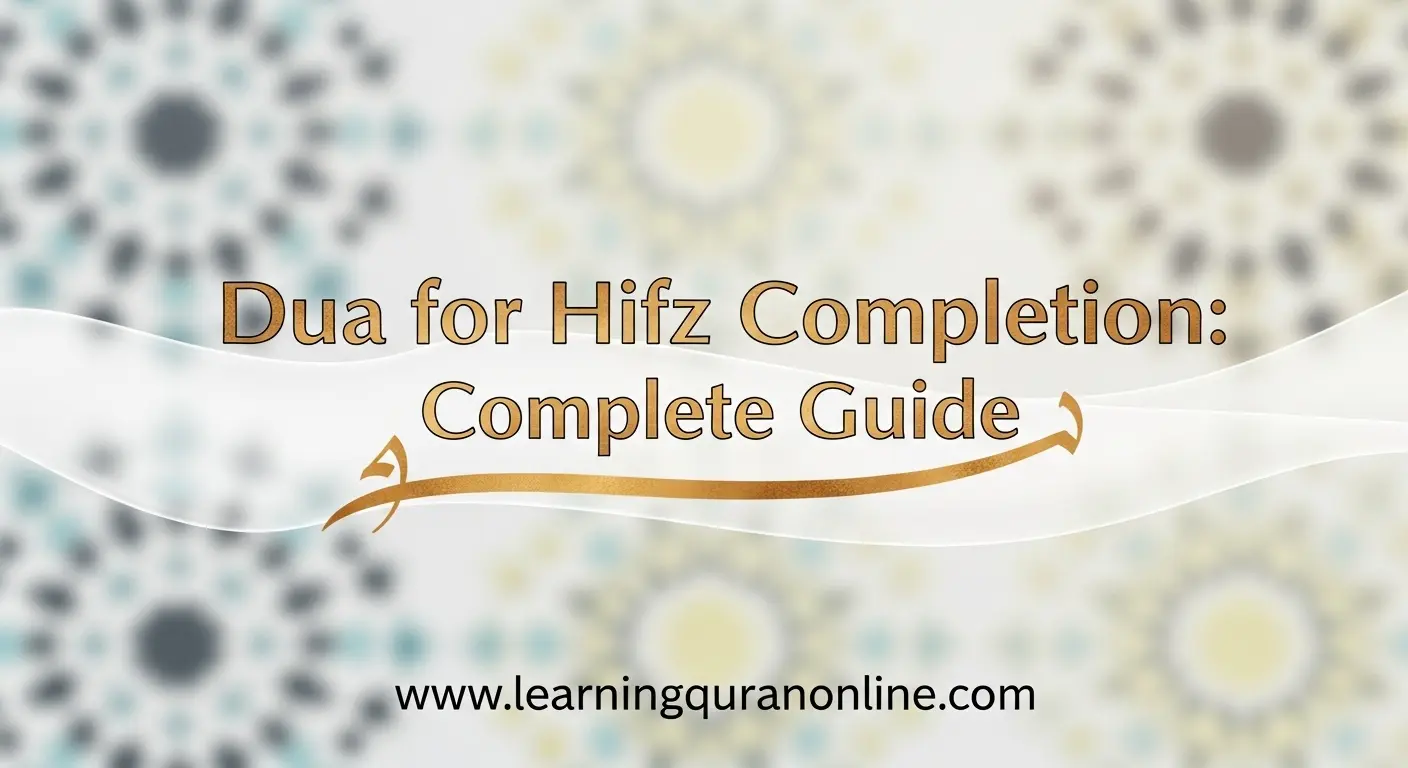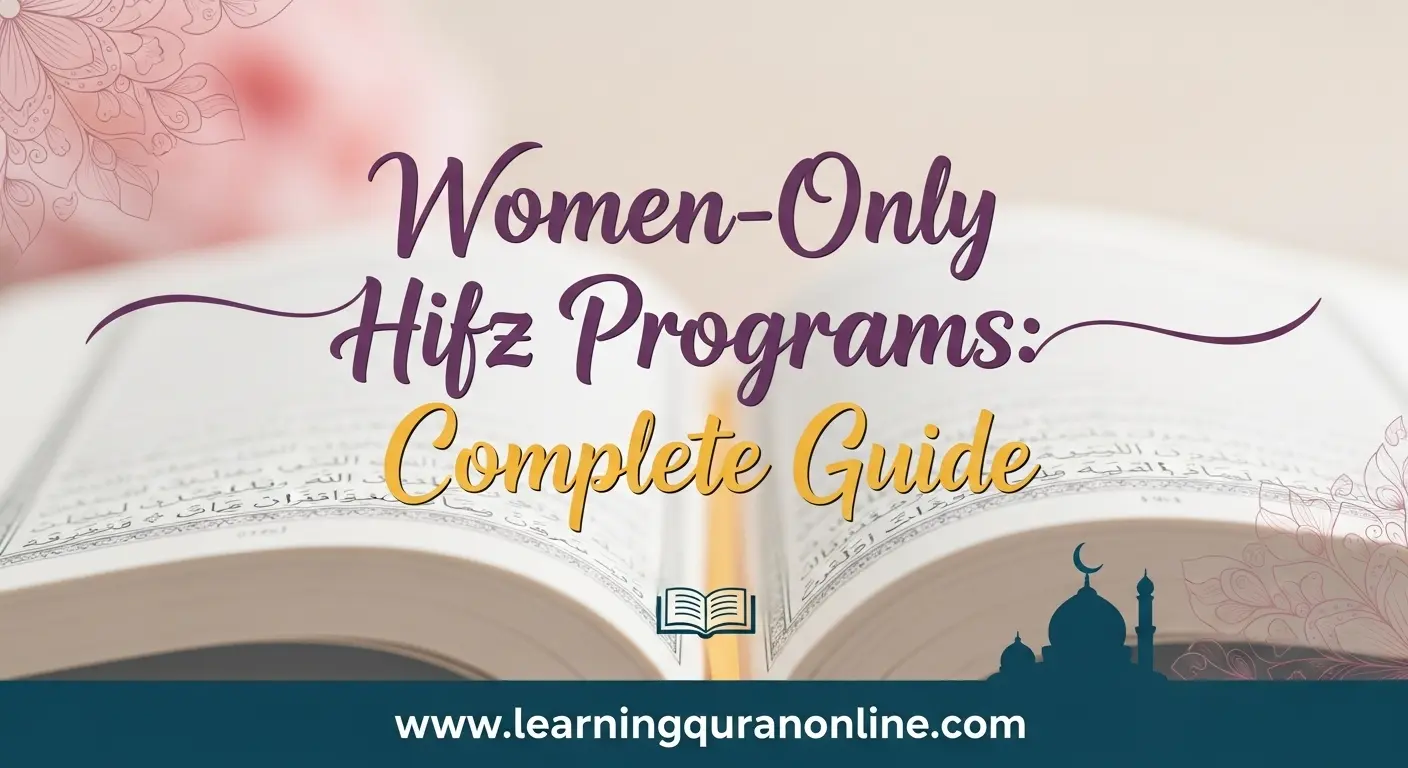Many young Muslims often misunderstand Islam, perceiving it as stringent and demanding. This misconception sometimes leads them to distance themselves or even renounce their faith during adolescence or early adulthood.
However, a crucial aspect to grasp is that Islam isn’t meant to be extreme. Its true essence resonates with basic human psychology and aligns with our nature, making it accessible and adaptable. This essence is beautifully encapsulated in a saying of Prophet Muhammad (PBUH), known as a hadith:
Abu Hurairah narrated that the Prophet Muhammad (PBUH) said, “Religion is very easy, and whoever overburdens himself will not be able to continue in that way. So, do not be extremists, but strive for near perfection and take joy in offering prayers during the designated times.” (Bukhari)
Let’s delve into the key insights derived from this profound hadith:
- Approachability of Islam:
Islam shouldn’t burden our lives; rather, it should seamlessly integrate, enhancing our well-being and contentment. Neglecting familial responsibilities, health, or personal well-being in the name of religion contradicts its core essence. Prophet Muhammad (PBUH) himself advocated for balance, correcting individuals who neglected their families in pursuit of excessive religious practices.
Much like overworking a horse can lead to its demise, excessive stress from religious practices risks diluting the joy and essence of faith. Allah values consistent good deeds, regardless of their size, forming a foundation for rewards in the afterlife. Thus, incorporating small daily good deeds into our routines becomes pivotal.
- Imperfection and Progression:
Allah doesn’t expect perfection from humanity. Acknowledging that humans inevitably err, the hadith underscores the significance of repentance and progress. Repentance involves recognizing, rectifying, and compensating for mistakes, fostering character development and growth.
- Upholding Hope in Allah:
Our expectations shape our relationship with Allah. Holding optimistic expectations in His mercy and benevolence influences what we receive from Him. Allah’s attributes emphasize compassion and love, surpassing His wrath. Believing in Allah’s attentive ear to our supplications fosters a positive attitude without instigating complacency.
- Prayer and Patience:
Prayer and patience are intricately linked in the Qur’an, underscoring their innate harmony. Prayer bolsters our faith, while patience fortifies us against succumbing to temptations. Strengthening our beliefs through prayer and practicing patience enable a positive, stress-free engagement with Islam.
In summary, achieving a balanced approach to practicing Islam is pivotal. It should seamlessly integrate into our lives without expecting flawless adherence. However, nurturing positive expectations in Allah and utilizing prayer as a means to fortify ourselves are indispensable aspects of practicing Islam as intended.
Ultimately, any goodness shared is bestowed by Allah, while any shortcomings are mine; I seek forgiveness for any mistakes made.
















